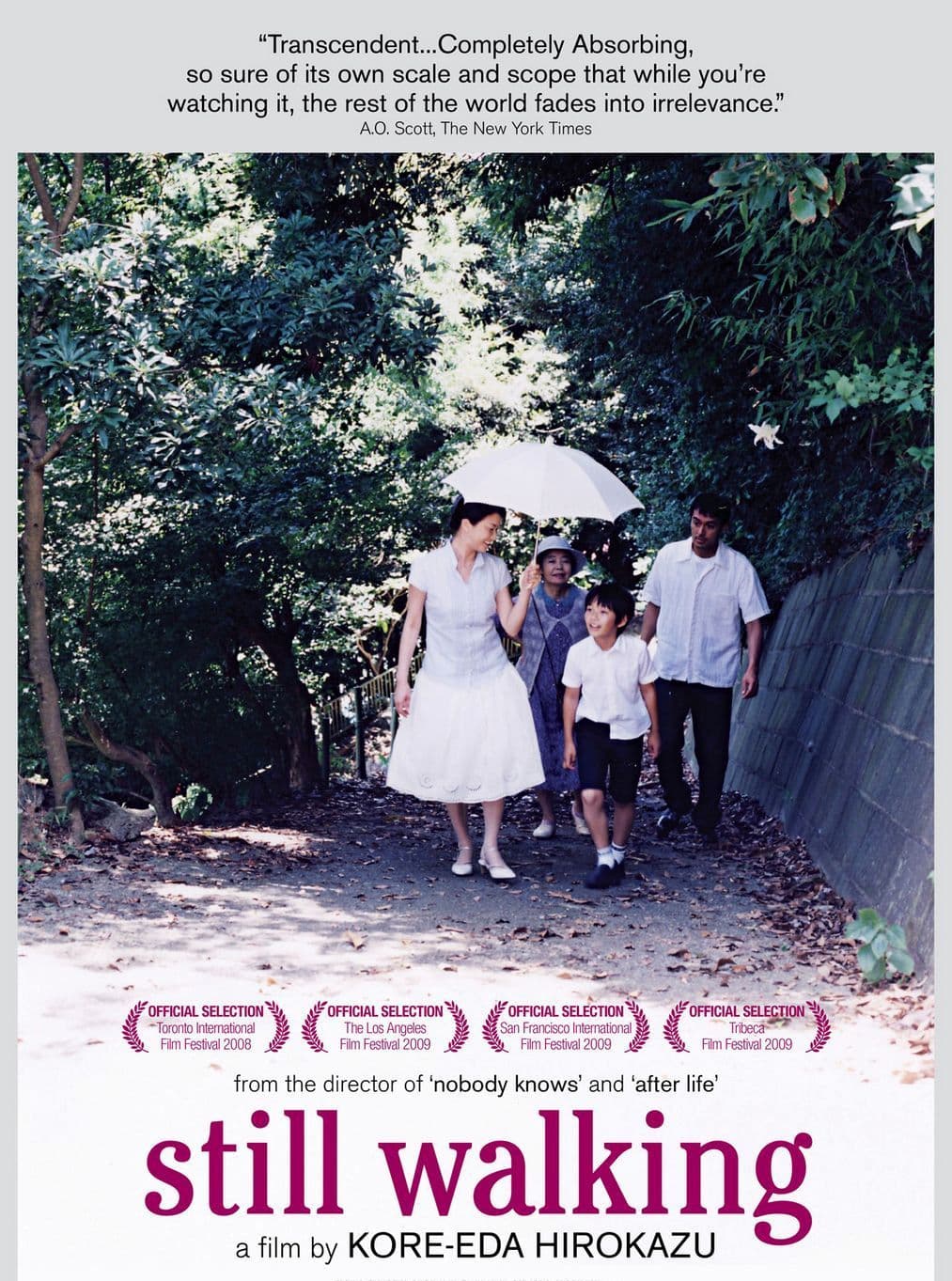
Still Walking
2008
Rate this movie
Average: 0.00 / 5
(0 votes)
Director
Hirokazu Kore-eda uses cinema to observe life as it is, with almost divine patience and empathy. Still Walking is perhaps the purest and most distilled expression of his art, a cinematic haiku that, in the space of twenty-four hours and within the walls of a single family home, manages to contain the entire bittersweet universe of human relationships. It is a work of subdued beauty and disconcerting depth, a film that does not need to shout because it knows that the greatest truths are always whispered.
The concept of family, recurrent throughout Kore-eda's cinema, finds its most complex and touching expression here. We could define it, with an apparently unusual but deeply fitting literary parallel, as a Pascolian nest. As for the Italian poet Giovanni Pascoli, the family “nest” in Kore-eda is a place of warmth, rituals, childhood memories, a protective shell against the outside world. But it is also, inexorably, a place haunted by ghosts, a sanctuary of mourning where the living are forced to coexist with the cumbersome shadow of the dead. The Yokoyama family gathers for the anniversary of the death of their eldest son, Junpei, who drowned fifteen years earlier while saving another boy. The house is filled with the smell of food lovingly prepared by the mother, but every gesture, every conversation, is veiled by this absence. The nest is both a refuge and a prison of memory, a place from which it is impossible to escape and painful to remain. In this, Kore-eda stands as the most sensitive and intelligent heir to the great master of Japanese family cinema, Yasujirō Ozu. Still Walking is a Journey to Tokyo for the new millennium: we find the same patient gaze on generational dynamics, the same small disappointments, the same attention to domestic rituals (especially the preparation of food) as a vehicle for unspoken emotions. But while Ozu's cinema is often pervaded by a gentle and resigned acceptance of the cycle of life, Kore-eda's has a more modern edge of restlessness, an underlying tension that never finds a real resolution.
Kore-eda is the prophet of sobriety and intimacy. His is a cinema of detail, where great emotional truths are not entrusted to high-flown dialogue, but to minimal, almost imperceptible gestures. The greatness of Still Walking lies in its ability to construct an entire world of complex relationships through these details: the way in which the mother Toshiko, while cooking corn tempura (her dead son's favorite dish), mentions with passive-aggressive cruelty that the boy saved by Junpei has become a good-for-nothing; the way in which the father Kyohei, a retired doctor, hides his disappointment in his surviving son, Ryota, who has not followed in his footsteps; the way in which Ryota, in turn, feels like an eternal substitute, an inadequate shadow of his idealized brother. Food, in particular, becomes the family's non-verbal language: it is a vehicle for love and memory, but also for control and subtle emotional blackmail.
If Still Walking were a Hollywood melodrama, we would know exactly how things would turn out. The tension built up during the day would grow until it erupted in an explosive confrontation in the film's final act, followed by a tearful reconciliation, with hugs and promises. But Still Walking is definitely not a Hollywood film and, fortunately, avoids falling into such dramatic clichés. Kore-eda, with a sensibility that could be described as Chekhovian, knows that real family dynamics are much more complex and unresolved. Instead, we get something deeper and truer, but also more disturbing and provocative. True, there are moments when tempers flare and characters confront each other, sometimes forcefully, such as when Ryota confronts his father about his medical career. But these clashes take place in a more subtle and ambiguous context that, I would dare say, is more faithful to the workings of real families. Wounds are not healed with a single, cathartic explosion; they continue to smolder beneath the ashes of polite conversations and smiles for the sake of appearances.
One of the film's great strengths, and what makes it so engaging, is its ability to capture the rhythm of large family gatherings, from noisy greetings to wonderful meals, from the chaos of grandchildren running around the house to the calm after the meal and naps. It also captures the rhythm of family conversations, which can be full of arguments and tension one moment and laughter the next, thanks to a funny memory or a private joke. The film ends with a voiceover that is as sober as it is devastating. In a few sentences, Ryota informs us that, years later, his parents have died and that he never kept his promise to his father to take him to see a soccer game together. That “next time” never came. The title, Still Walking, which refers to a popular song but also to his mother's comment about the time it takes for the dead to return home, thus takes on its definitive meaning. It is a metaphor for life itself: we keep walking, carrying with us our loves, our regrets, and our broken promises, one step at a time, until our time is up. For its ability to find the universal in the particular, drama in the everyday and poetry in silence, Still Walking is a work of boundless beauty and wisdom, a masterpiece that speaks softly to us of the remote beauty of fleeting, invisible things that, once discovered, spread through the soul and make us feel good.
Genres
Country
Gallery
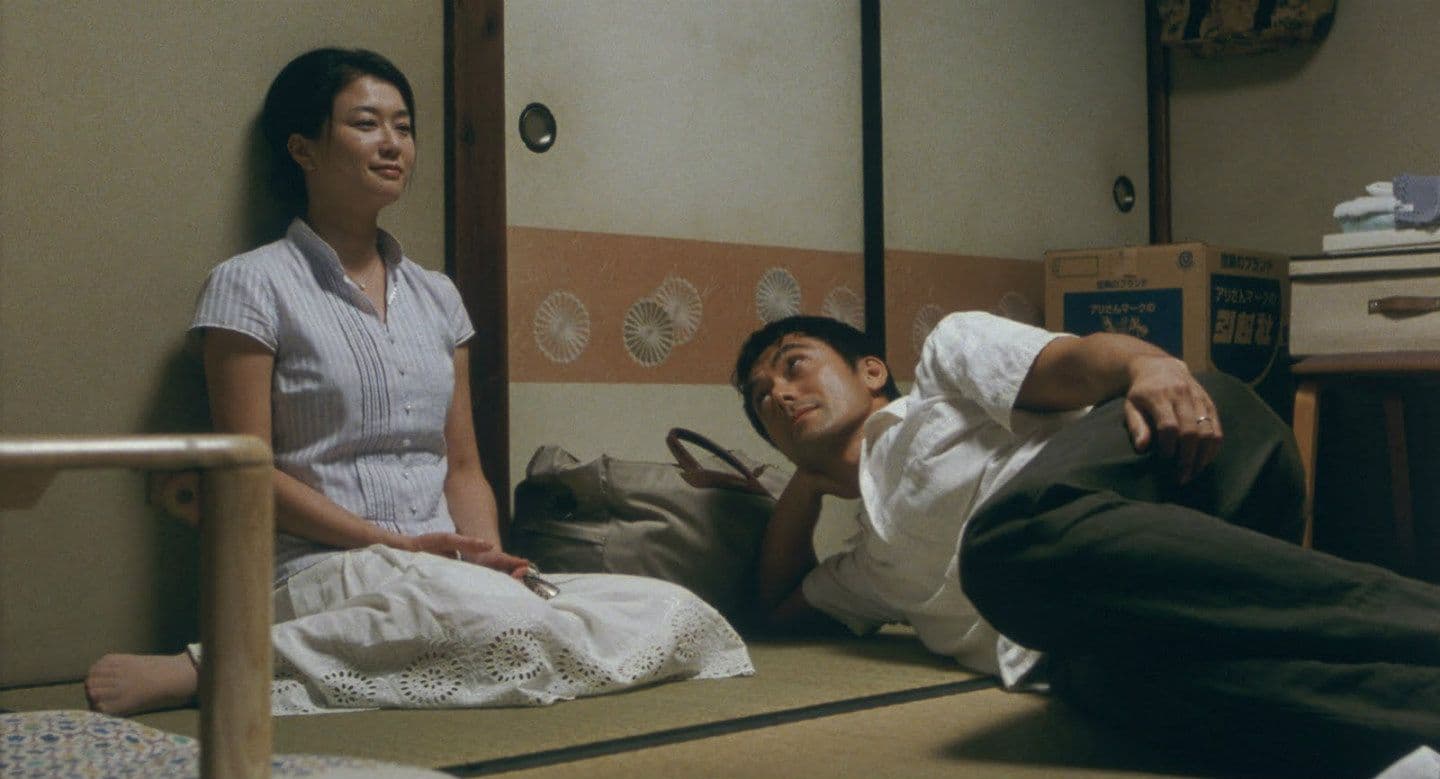
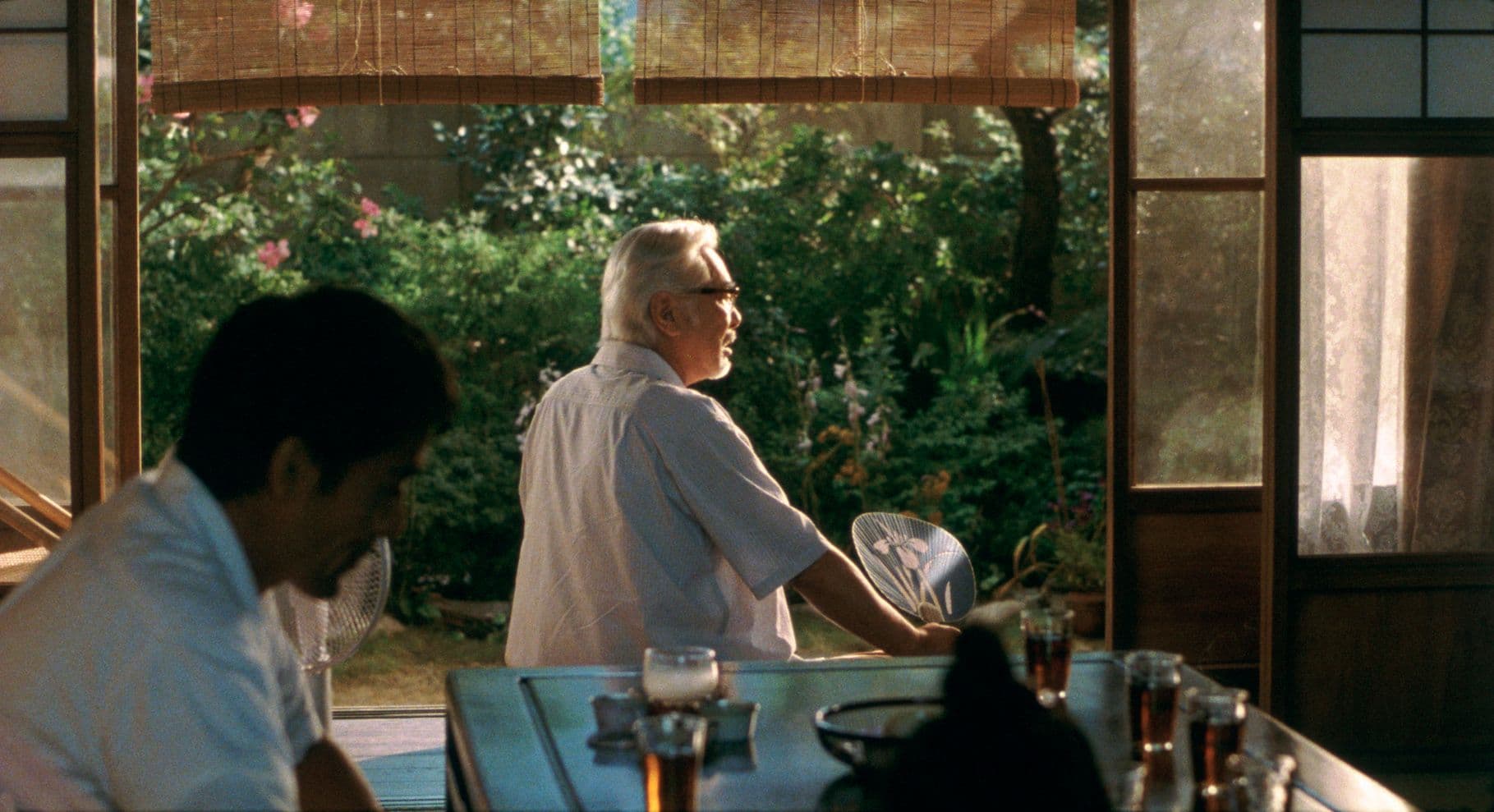

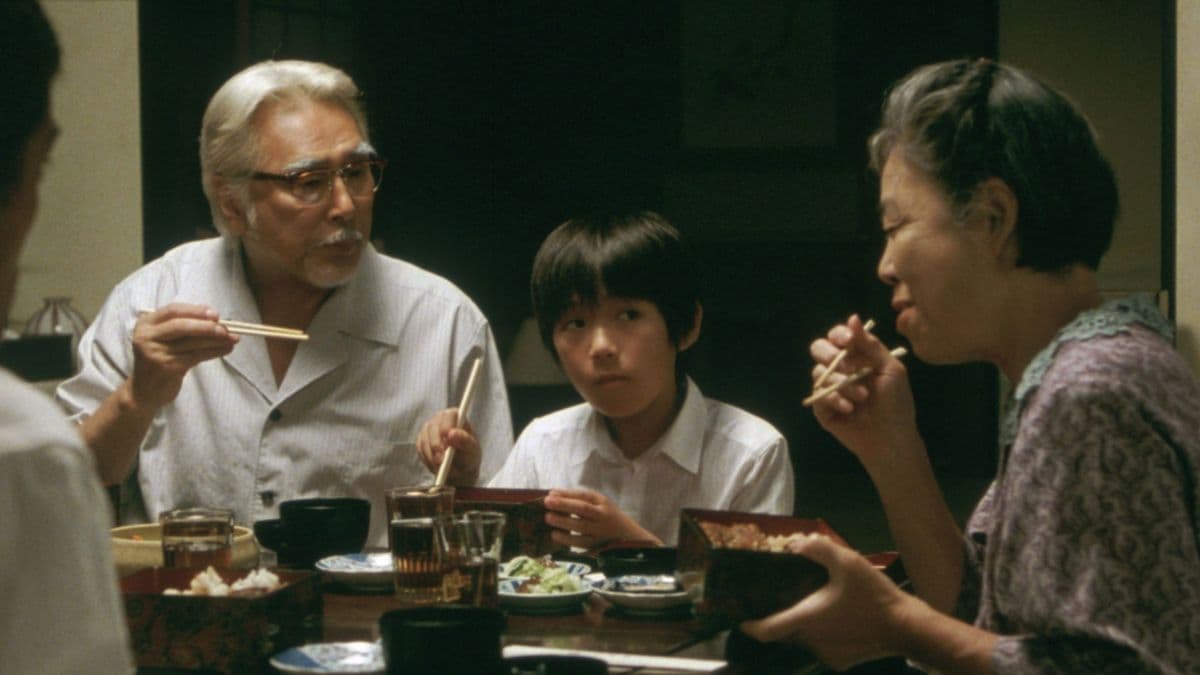
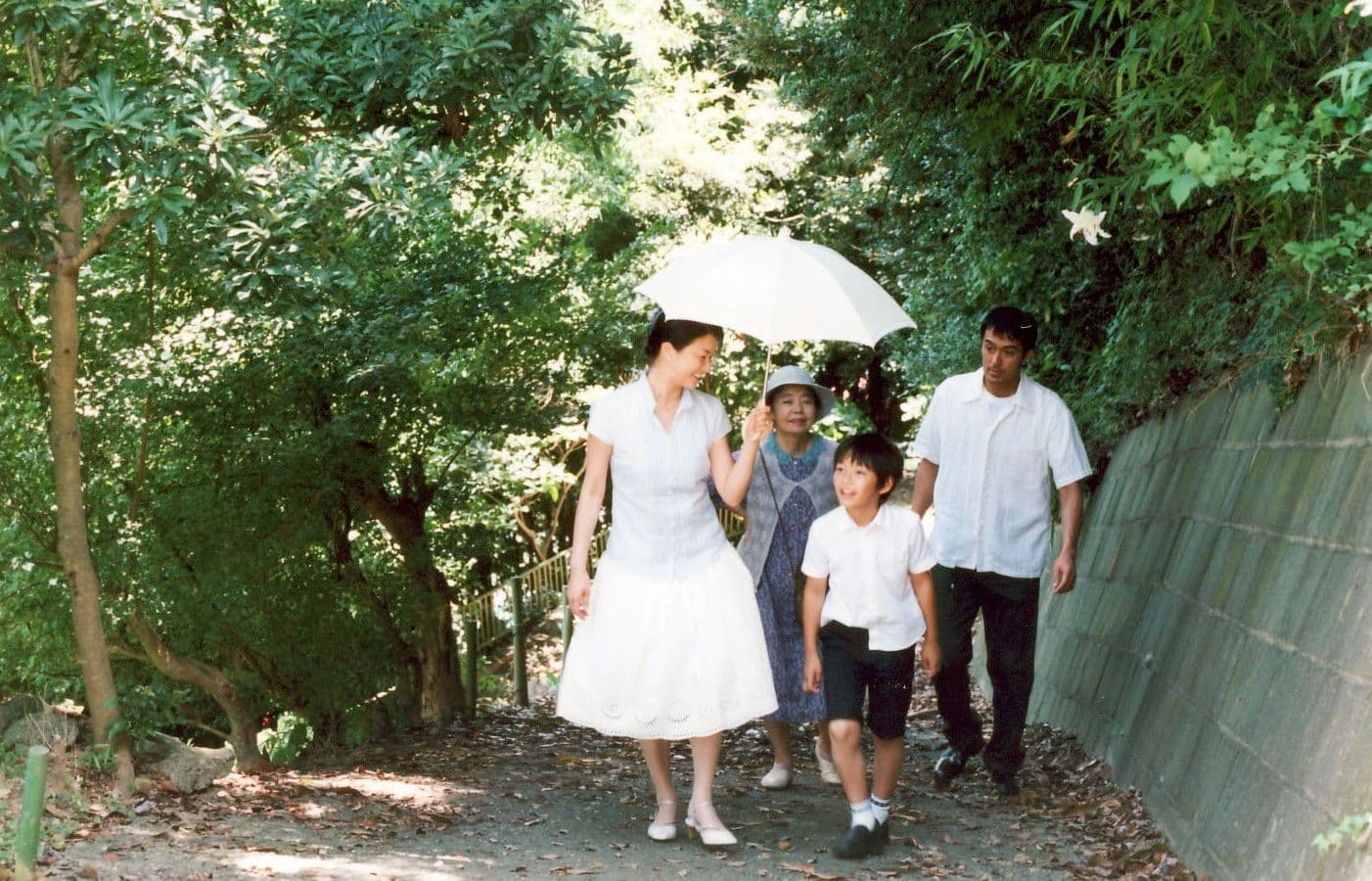

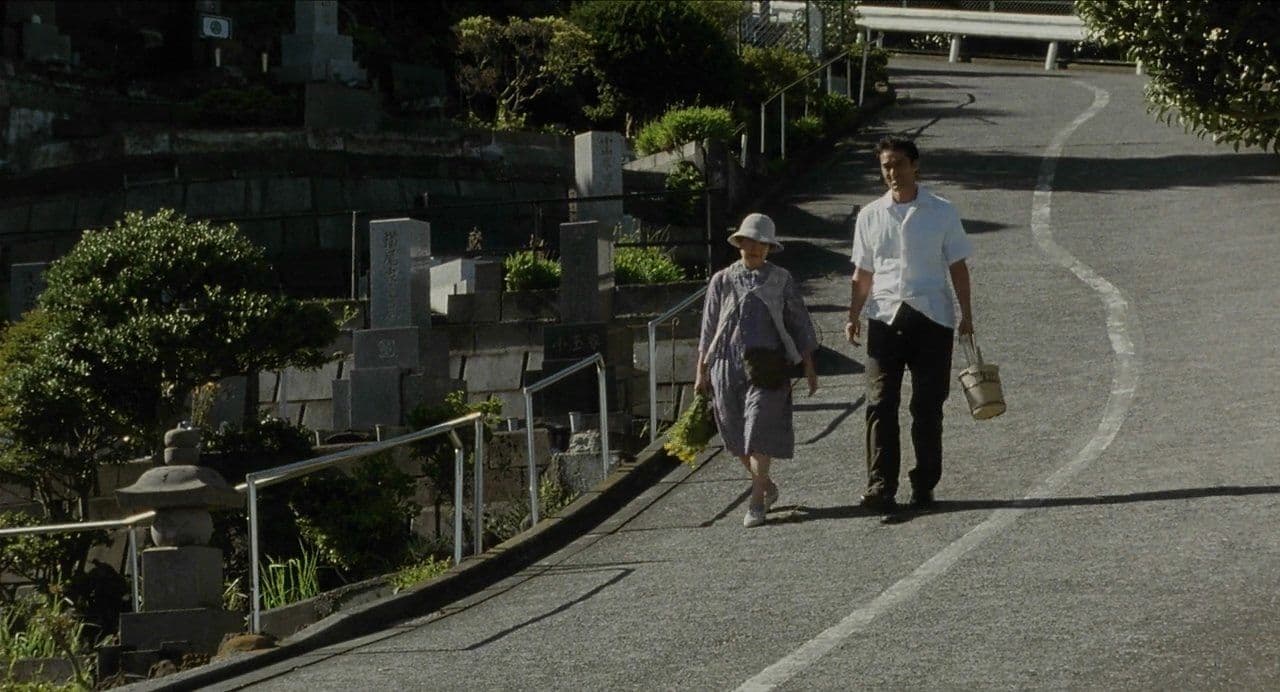

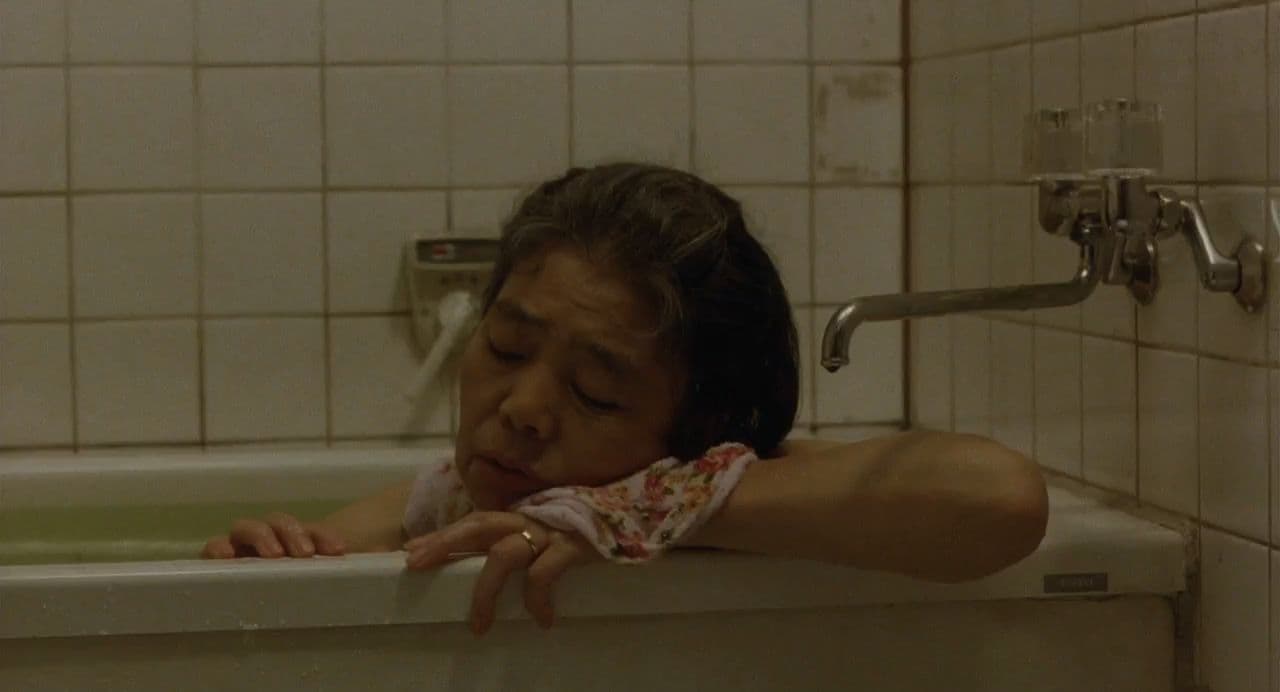
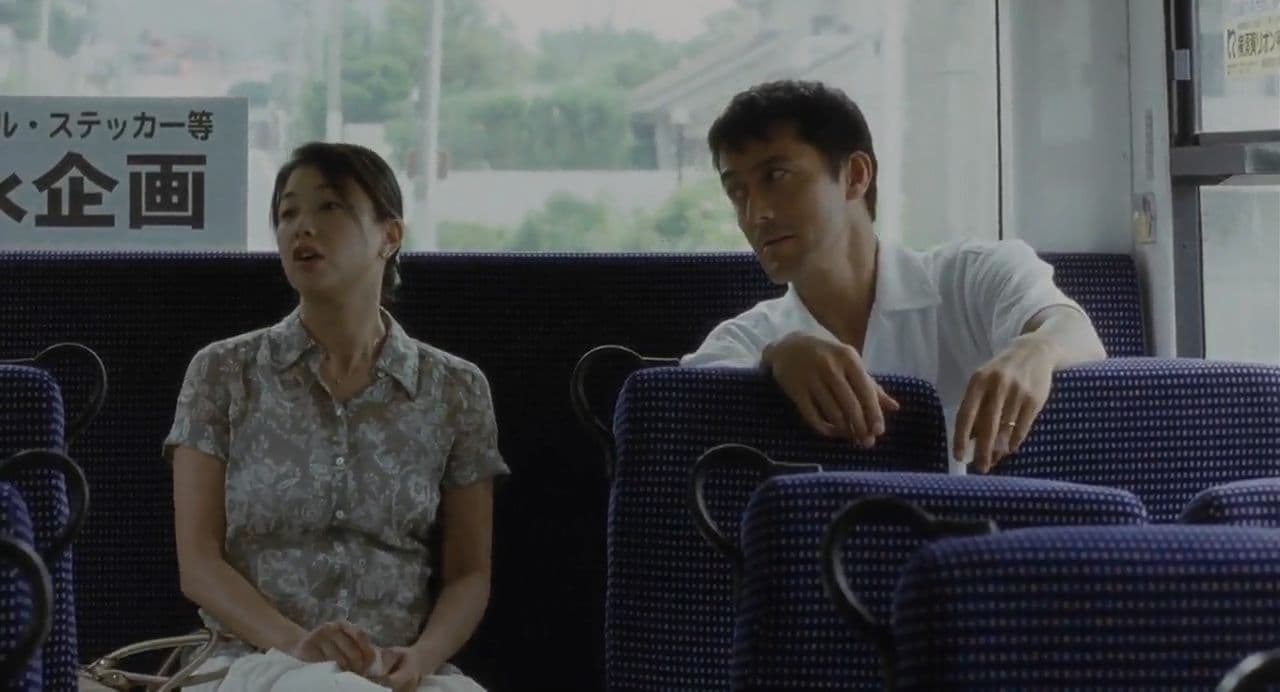
Featured Videos
Trailer
Comments
Loading comments...